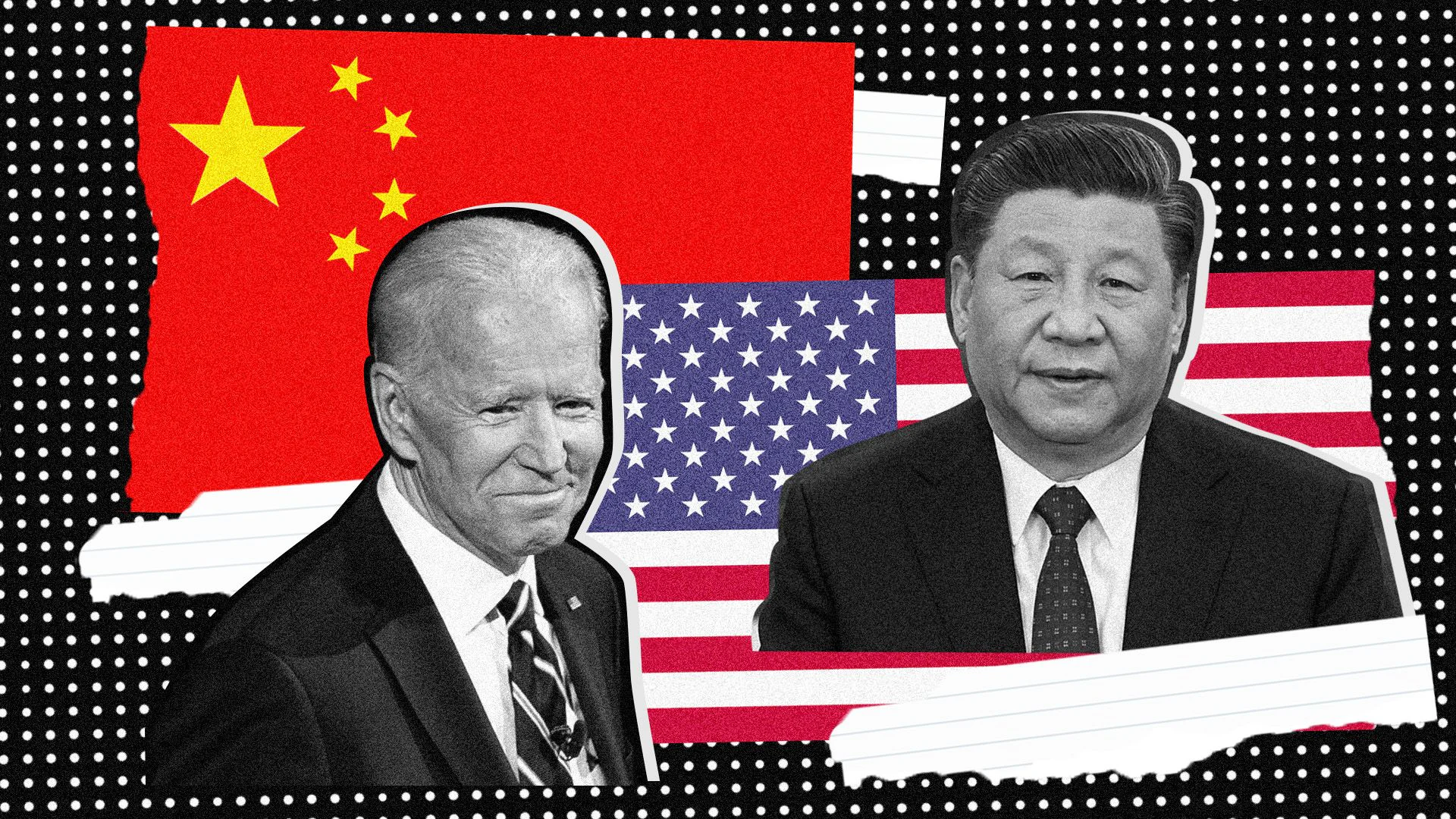As the digital age propels forward, the global market witnesses an ever-evolving landscape of brand loyalty and consumer preferences. Among the titans of industry, Apple and Tesla have long enjoyed a special relationship with China, a nation whose burgeoning market and manufacturing capabilities have been integral to their success.
However, recent developments suggest a shift in the wind, as domestic sentiment and political encouragement begin to sway Chinese consumers away from Western tech giants in favor of local alternatives.

Tesla and Apple’s Downfall: The Rise of Domestic Preferences
China’s push for technological self-reliance is not a new theme, but its effects are increasingly palpable in the consumer electronics and automotive sectors. Tesla and Apple, once unrivaled in their respective domains, are now facing stiff competition from Chinese companies that are rapidly gaining ground.
This transition is underscored by the remarkable ascent of BYD, a Chinese electric vehicle (EV) manufacturer that has recently overtaken Tesla in worldwide sales of electric vehicles, as reported by Reuters. This significant milestone is a testament to China’s growing prowess in the EV market and its potential to redefine the global automotive landscape.
The shift in consumer loyalty is further evidenced by the explicit encouragement at China’s annual Communist Party gatherings for attendees to opt for domestic brands.
Zhan Wenlong, a nuclear physicist and party delegate, highlighted concerns over the security of foreign technology, particularly Apple’s iPhones, despite their local production. This sentiment resonates with a broader narrative of prioritizing national products to ensure technological sovereignty and security.

Government Influence and Market Dynamics
The influence of the Chinese government in shaping consumer behavior is unmistakable. Employees at government-funded think tanks and educational institutions have been reportedly urged to transition to Chinese brands like Huawei, often with incentives such as discounts.
Such directives not only reflect a strategic move to bolster domestic companies but also signify the complexities of navigating China’s market for foreign entities.
This trend extends beyond the realms of technology and automotive industries. Renowned Western brands such as Nike and Adidas have also experienced a dip in their Chinese market share, as local brands emerge as formidable contenders.
This pattern underscores a broader shift in consumer preferences that favors domestic over foreign, influenced by a mix of nationalist sentiment and government advocacy. Moreover, China’s local manufacturers are tough to compete with.
As demand for Teslas surges in China, its clear that the future of electric vehicles is accelerating at an impressive pace. This trend underscores the growing global shift towards sustainable transportation solutions. Exciting times ahead for the EV market!
— Crypto Signals (@CryptoSignalsU) March 12, 2024
Implications for Global Markets
The reorientation of consumer preferences in China poses significant challenges for global brands like Apple and Tesla. To stay competitive, these companies are reportedly resorting to discounts, a strategy that may offer short-term relief but underscores the need for a more sustainable approach to navigating the Chinese market.
The situation also raises questions about the global strategy of Chinese firms. BYD’s decision to focus on markets outside the US, as stated by its Chief Executive Stella Li, reflects a strategic approach to global expansion that prioritizes less contested markets.

The evolving consumer landscape in China marks a pivotal moment for global brands and local competitors alike. As companies like Apple and Tesla navigate these changes, the broader implications for global market dynamics and the future of international trade and technology competition become increasingly significant.
The rise of domestic preferences, fueled by government influence and nationalist sentiment, not only challenges the status quo but also highlights the importance of adaptability and strategic foresight in the face of shifting global trends.










